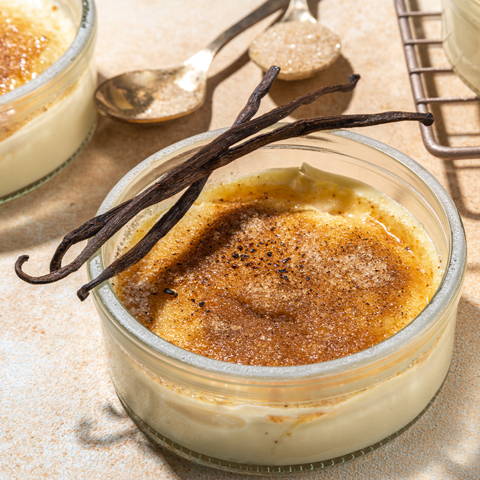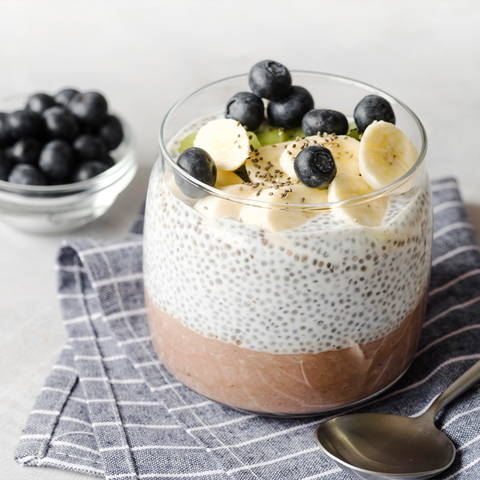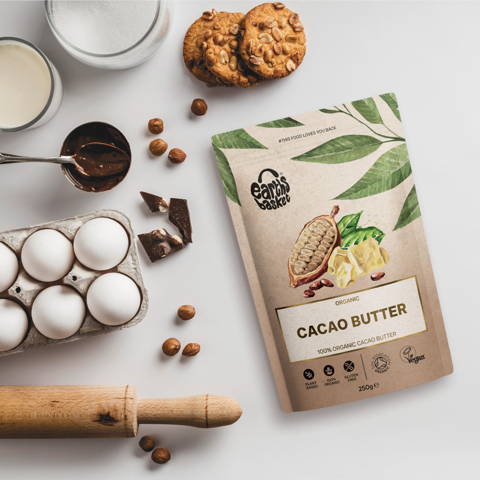
Coconut Sugar: A Sweet and Nutritious Alternative to Refined Sugar
In the quest for healthier sweeteners, coconut sugar has emerged as a popular choice among health-conscious individuals. Derived from the sap of coconut palm trees, coconut sugar offers a natural and unrefined alternative to traditional white sugar. With its unique flavor, lower glycemic index, and nutrient content, coconut sugar has gained attention for its potential health benefits. In this blog post, we will delve into the wonders of coconut sugar, its nutritional profile, potential advantages over refined sugar, and ways to incorporate it into your culinary endeavors.

1. The Essence of Coconut Sugar
Coconut sugar, also known as coconut palm sugar or coconut nectar sugar, is obtained by collecting the sap from the flower buds of coconut palm trees. The sap is then heated to evaporate the moisture, resulting in granules or blocks of coconut sugar. Unlike refined white sugar, coconut sugar is minimally processed and retains some of the natural nutrients found in the coconut palm.

2. Nutritional Value of Coconut Sugar
Lower Glycemic Index
One of the key advantages of coconut sugar is its lower glycemic index (GI) compared to refined sugar. The glycemic index measures how quickly a food raises blood sugar levels. Coconut sugar has a GI of around 35, while regular sugar has a GI of around 60-70. This means that coconut sugar causes a slower and more gradual rise in blood sugar levels.
Essential Minerals
Coconut sugar contains trace amounts of essential minerals, including potassium, magnesium, zinc, and iron. While the mineral content may vary, coconut sugar can contribute small amounts of these nutrients to your diet.
Antioxidants
Coconut sugar contains small amounts of antioxidants, such as polyphenols and flavonoids, which help protect the body against oxidative stress and inflammation.
3. Advantages of Coconut Sugar over Refined Sugar
Lower Glycemic Impact
The lower glycemic index of coconut sugar makes it a preferable option for individuals seeking to manage their blood sugar levels or those following a low glycemic diet.
Natural and Unrefined
Unlike refined white sugar, coconut sugar undergoes minimal processing, retaining more of its natural nutrients and flavors.
Flavor Profile
Coconut sugar has a rich caramel-like flavor with hints of coconut, adding a pleasant taste to various recipes.

4. Ways to Use Coconut Sugar
Baking
Substitute coconut sugar for refined sugar in your favorite baked goods such as cookies, cakes, and muffins. Keep in mind that coconut sugar has a slightly different moisture content, so you may need to adjust other ingredients accordingly.
Beverages
Add a sprinkle of coconut sugar to your coffee, tea, or smoothies for a touch of sweetness and flavor.
Sauces and Dressings
Use coconut sugar as a natural sweetener in homemade sauces, marinades, and salad dressings.
Desserts
Create delicious treats like caramel sauces, puddings, and fruit crumbles using coconut sugar for a healthier twist.
Breakfast Options
Sprinkle coconut sugar on top of oatmeal, yogurt, or pancakes to enhance the taste and add a touch of sweetness.
Coconut sugar is a flavorful and nutrient-rich alternative to refined sugar, offering a lower glycemic impact and a more natural profile. By incorporating coconut sugar into your diet, you can enjoy the sweetness while potentially benefiting from its lower glycemic index and minimal processing. Embrace the versatility of coconut sugar and explore its delicious possibilities as you embark on a journey towards healthier and tastier sweeteners.
Get started with these
Related Articles
Related Articles

Certification applies to Organic and Vegan products only.











